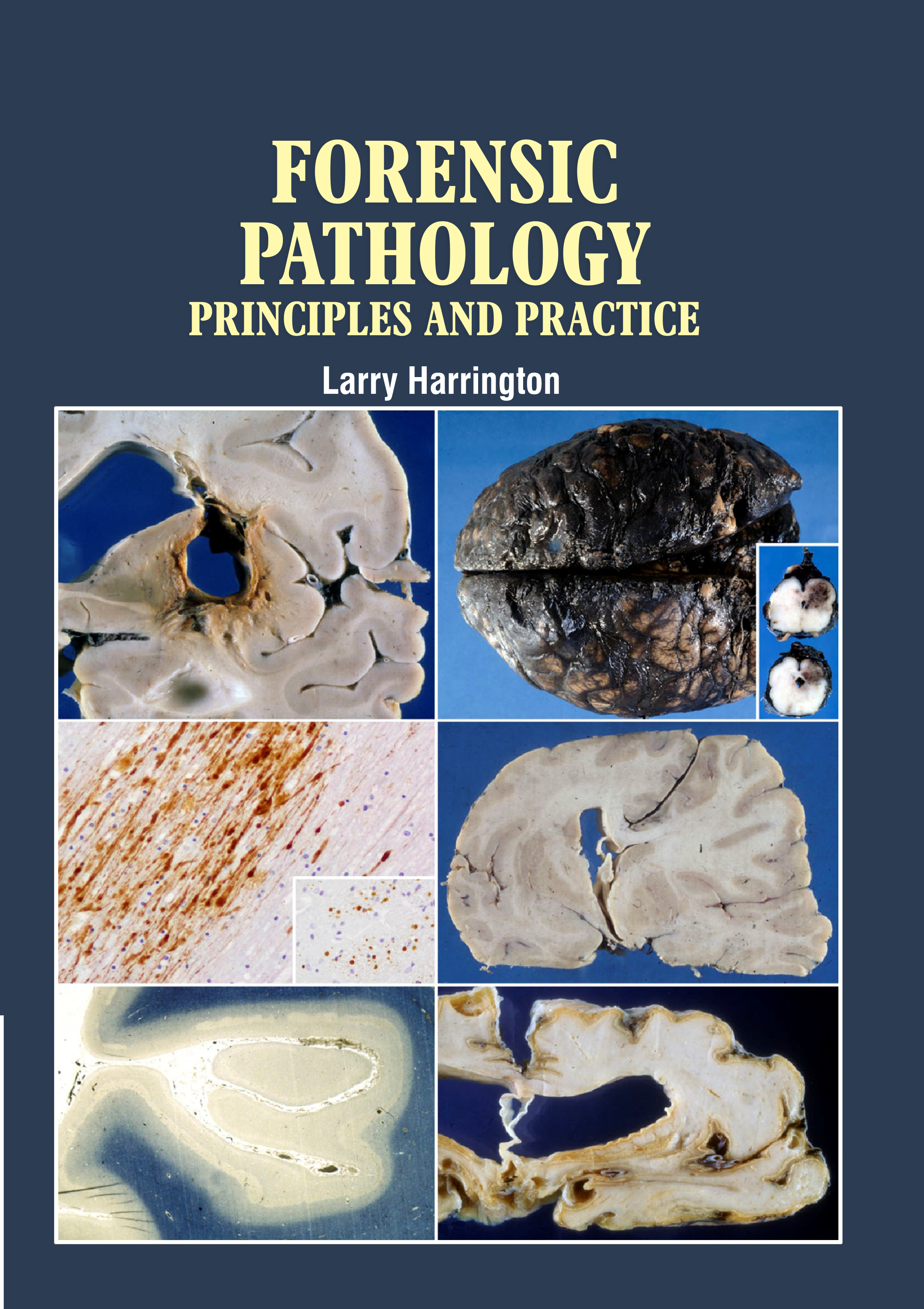
Forensic Pathology: Principles and Practice
by Larry Harrington
| ISBN | 9789372428278 |
|---|---|
| Publisher | Digital Drive Learning |
| Copyright Year | 2026 |
| Price | $261.00 |

by Larry Harrington
| ISBN | 9789372428278 |
|---|---|
| Publisher | Digital Drive Learning |
| Copyright Year | 2026 |
| Price | $261.00 |
Forensic pathology is an application of medical jurisprudence. A forensic pathologist is a medical doctor who has completed training in anatomical pathology and has subsequently specialized in forensic pathology. The requirements for becoming a "fully qualified" forensic pathologist vary from country to country. In cases of suspicious death, a forensic pathologist is charged with determining the cause and manner of death. In the United States, each state has its own regulations that govern what constitutes a forensic case, and each has a system to accomplish the tasks of forensic pathology. Many states have a medical examiner system, in which a city or county will have a chief medical examiner, who must be a physician. The chief medical examiner will, in turn, have a number of associate medical examiners who perform the actual duties of the forensic pathologist. Other states have a coroner system, in which the chief officer may not be a physician but employs forensic pathologists to carry out the necessary duties. Pathology is a medical specialty—the study of disease. Pathologists study disease by performing a type of surgery called an autopsy. Tissues and organs removed during an autopsy are examined for evidence of disease and injury and may also be examined under the microscope. Analysis of fluids taken from the body, such as blood or urine, also provides information about disease to the pathologist. The book examines investigative techniques and procedures that lead to obtaining accurate conclusions of death by homicide, accident, or suicide.